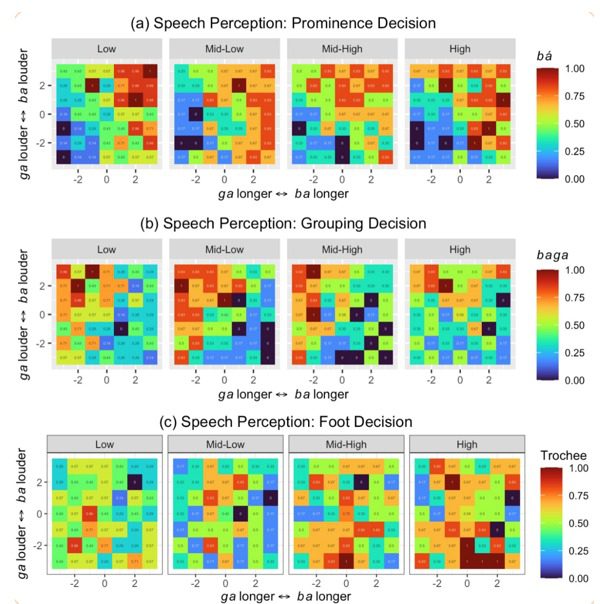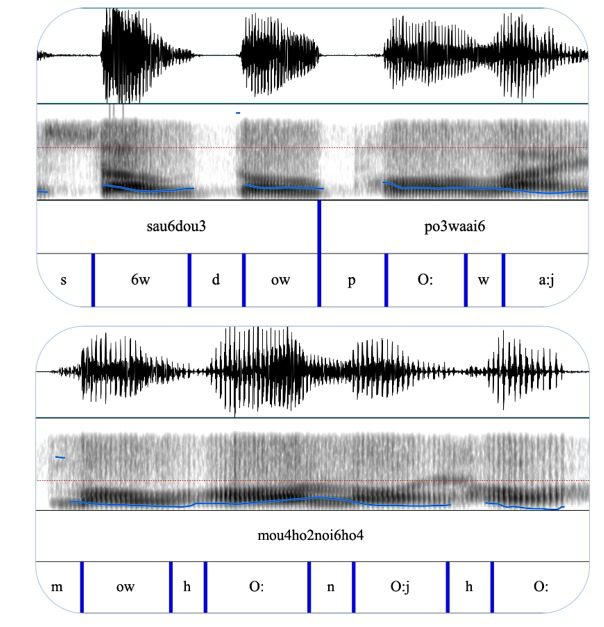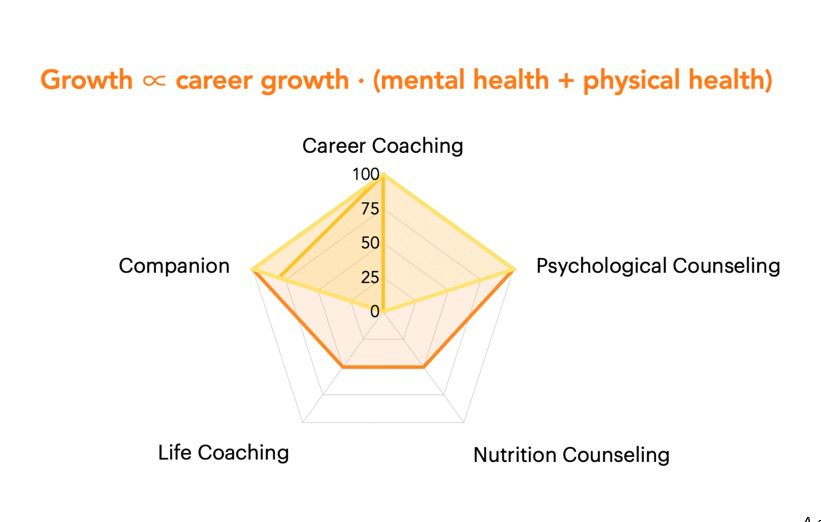On the rise today are fields of study that were previously unknown. Scientific research and studies have highlighted the need for expansion, leading to the emergence of new disciplines. For example, a degree in Artificial Intelligence was unfamiliar and alienating a decade ago, but it has now become one of the most sought-after options. Likewise, in the realm of Social Science, discourses to understand human trajectories in depth have also ushered in a new era of exploring the foundations behind many aspects of human communication.
Yingrui (Jessie) He finds herself at the intersection of these seemingly opposite ends, where she can progress in tandem.
As a McGill graduate in Linguistics, Math, and Classics, and now a Linguistics PhD student at the University of Chicago, Jessie’s interest in how language, music, and artificial intelligence shape human communication has brought her to an environment committed to pushing the boundaries of knowledge. She identifies herself as a linguist, entrepreneur, and operator, all of which intersect in her quest to understand how language acts as a potent medium of human connection and how technology can help us do better.
Her field of research lies in linguistics and cognitive neuroscience. She joined a computational linguistics lab and a cognitive neuroscience lab as a research assistant, where the latter focuses on the ways the auditory nervous system allows humans to perceive, understand, remember, and imagine sounds, specifically speech and music. From the get-go, Jessie had one question in mind: the connection between language and music. As a linguist in a pool of trained musicians with backgrounds in psychology and computer science, she approached new intellectual frontiers with keen interest and an open mind, seizing the opportunity to expand her knowledge and share what she could offer. Her hypothesis that language and music might share cognitive mechanisms was put to the test.
Jessie’s viewpoint gradually shifted as she reflected on the findings, which suggested that language and music may be more independent than initially hypothesized, a result that aligns with the ongoing scientific debate over domain-general vs. domain-specific brain processes.
“After helping at these labs for a while, my perspective began to shift—not entirely, but as a spectrum—as I started to think language and music might not be that connected as I initially thought,” she shared, speaking about her experience at the labs.
This was a breakthrough moment for Jessie as it provided the foundational basis for further research on the subject matter. Her commendable work didn’t go unnoticed, and she had the honor of presenting her research at the Linguistic Society of America in 2023. She proposed that musicians may be more likely to impose musical rhythmic patterns, known as downbeats, onto rhythmic speech sequences, such that they tend to perceive trochees in the context of nonce word speech stimuli. This research not only advanced theoretical understanding of language perception but also inspired her to think about how cognitive patterns might be modeled computationally.
Heat Map of the Proportion of Responses to the Nonce Word Speech Stimuli for the Prominence Decision, the Grouping Decision, and the Foot Decision, Faceted by Musicality. The dark red area, as well as the center cell in the bottom-right plot, shows that musicians had a stronger trochee bias in the case of nonce word speech stimuli.
With this discovery and her confidence in using AI to model human language and behavior, Jessie now equips and promotes AI as a powerful tool to deepen linguistic research and make it more efficient in the field of computational psycholinguistics.
Through frameworks like the Rational Speech Act (RSA) model, which models communication as a process of recursive reasoning between speakers and listeners, Jessie is committed to advancing AI systems that can stimulate human reasoning and improve AI-human interaction, thereby contributing to the broader field of linguistic research. Her academic and professional work includes analyzing diverse experimental datasets and developing a musicality index to quantify participants’ musical backgrounds, applying machine learning techniques to model aspects of human language behavior. During her undergraduate studies, Jessie conducted detailed cross-linguistic phonetic analysis, investigating languages including Cantonese, Lao, and Lithuanian, further leveraging her interdisciplinary expertise in computational linguistics and cognitive science.
Sample output of the 5th Cantonese alignment performed by Montreal Forced Aligner. The four blocks (from top to bottom) are respectively the waveform, the spectrogram, the word tier, and the phone tier.
For this talented individual, creating her own platform to advance recognition of discipline naturally led her into entrepreneurship. After a polite turndown to a career catapulting offer from Hongshan (Sequoia Capital China), she founded She Grows as the CEO, an initiative to empower women’s career growth through human coaching and AI, a platform that comes as a gateway for women to excel in their careers. In addition, as an Operations Specialist in a venture capital firm, she built a bootcamp that fostered entrepreneurial communities and drove brand recognition as well as deal-sourcing innovation. For Jessie, women thriving in tech-driven fields are no longer a far-fetched thought, but a reality she manifests every day.
A slide from She Grow’s deck.
“When I started, She Grows, I wanted to do something that was not heavily monetary. I might have felt unfulfilled if I had continued to work for others,” shared Jessie.
Building on her previous endeavors, Jessie is ready to kickstart NeuroAd, an AI advertising platform that transforms a single image into multiple ads within minutes.
Looking ahead, Yingrui (Jessie) He foresees a future where AI broadens access to linguistic resources and improves human-machine communication. Meanwhile, she remains mindful of ethical considerations, placing emphasis on transparency and user trust in AI applications.
Contact:
To learn more about Yingrui (Jessie) He and her work in Innovation, Language, and Technology, you can contact her through her personal website at https://jes-h.com.
































